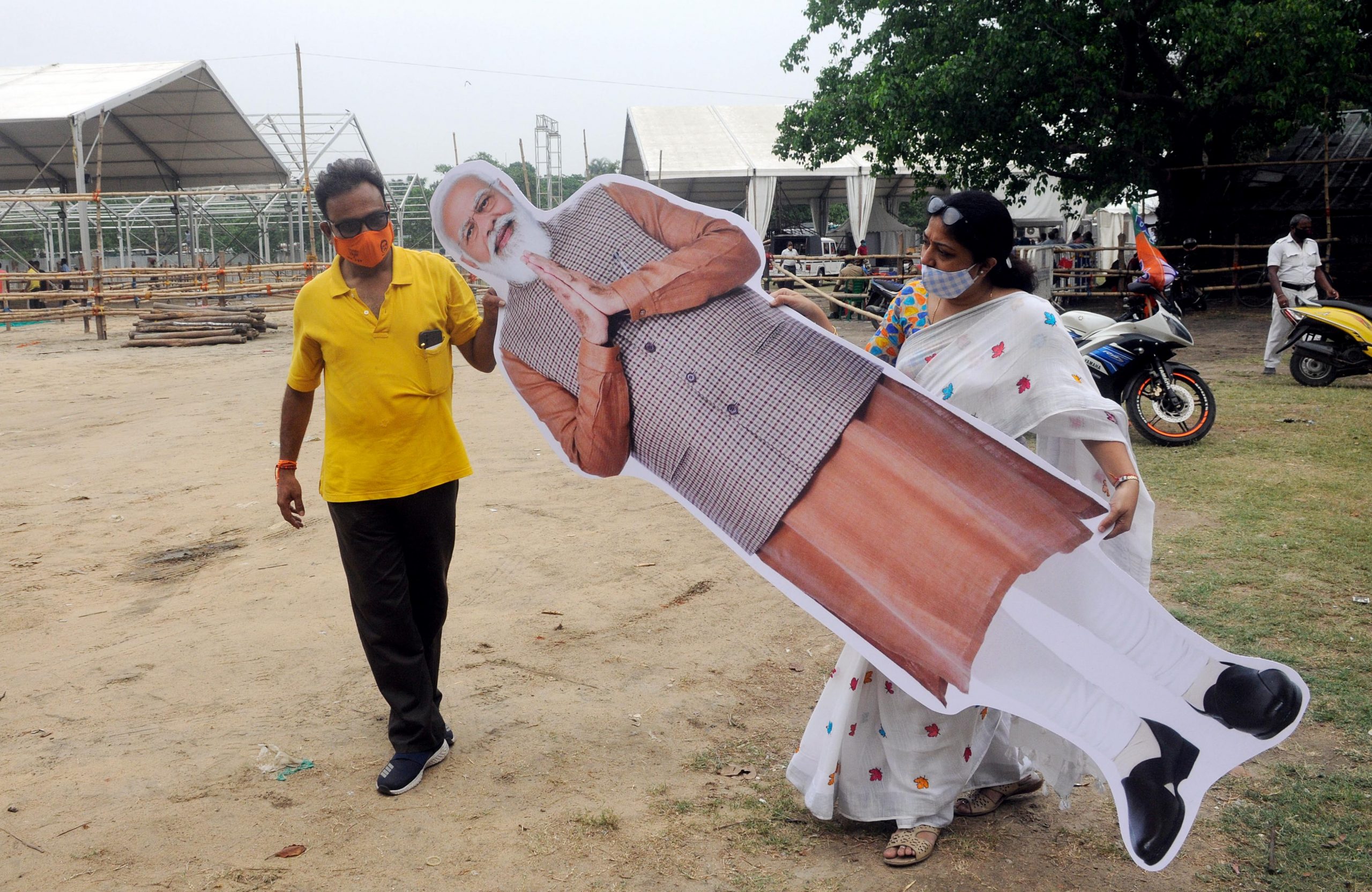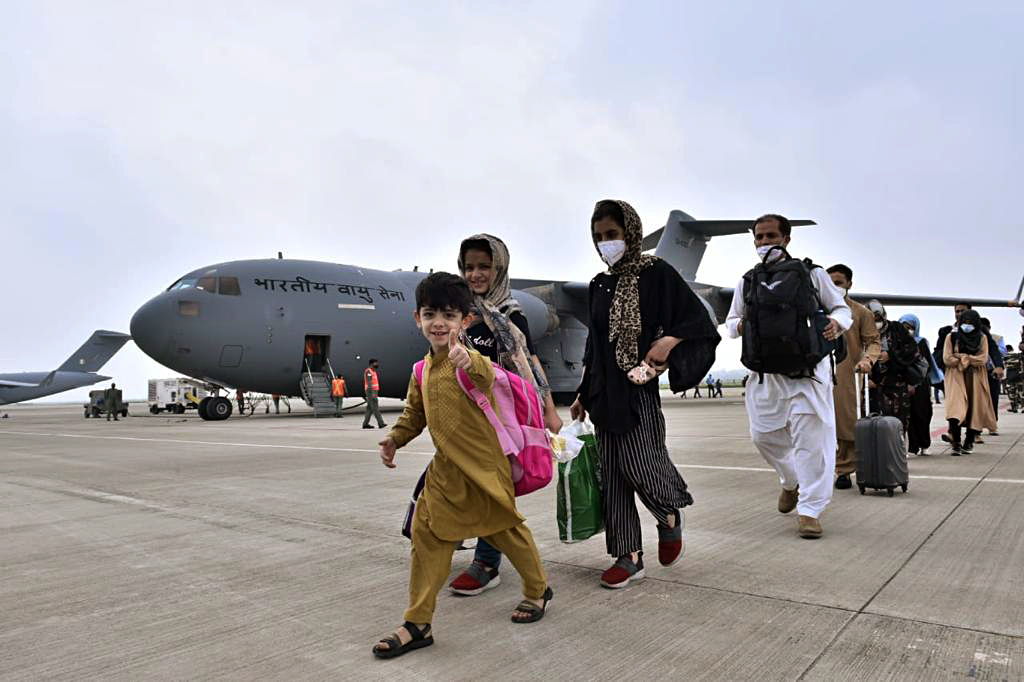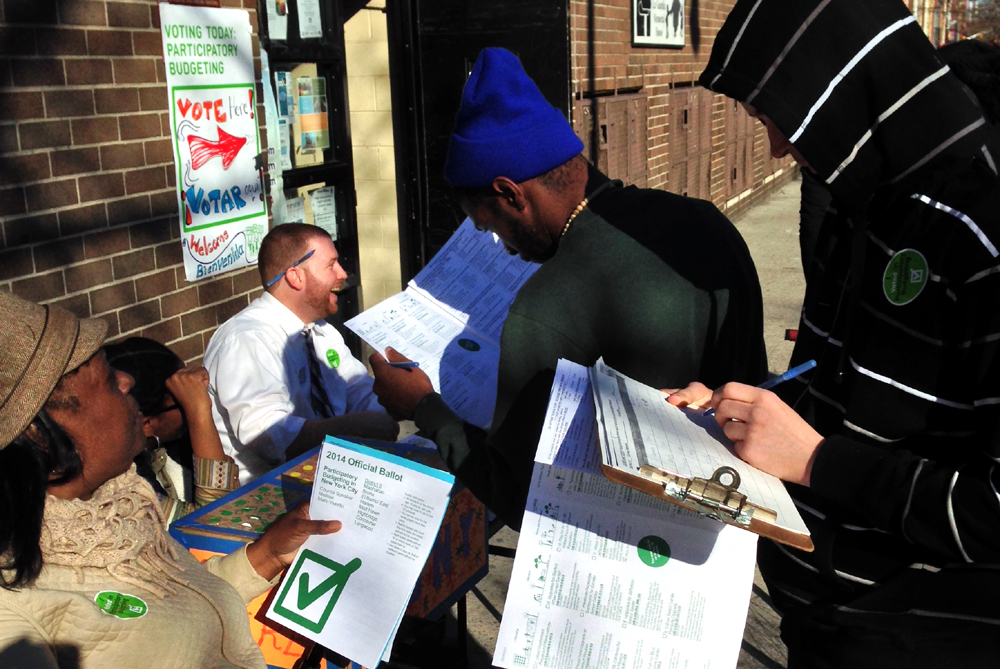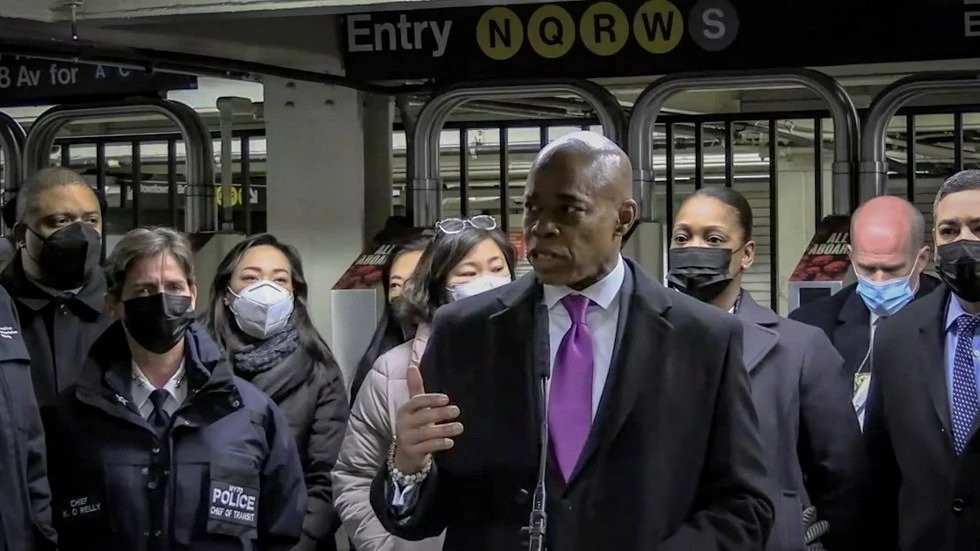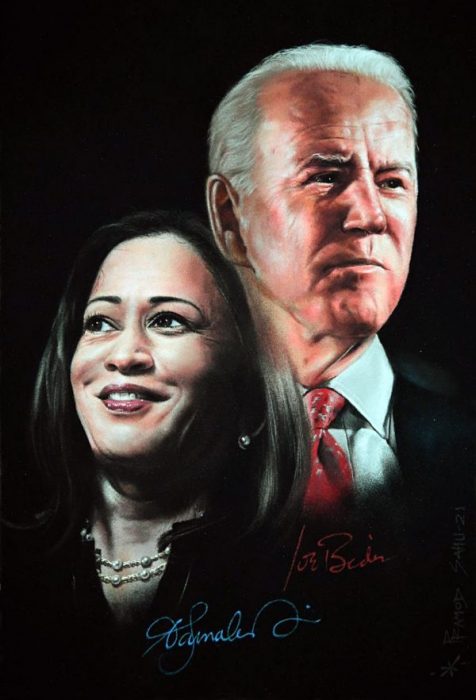Views and opinions from the top commentators in Indian media
“As in so many of the pandemic’s worst-hit countries, this tragedy was avoidable — and is largely the fault of a boastful and incompetent government. Yet, judging by the fate of other bungling far-right politicians such as Brazil’s Jair Bolsonaro, the U.K.’s Boris Johnson, Hungary’s Viktor Urban, and the Philippines’ Rodrigo Duterte, Indian Prime Minister Narendra Modi may well suffer few political consequences for his devastating missteps.
Like those other leaders, Modi has spent more time diminishing the pandemic’s seriousness than combating it. In early March, even as cases in India rose alarmingly, he boasted that the country would serve as “the world’s pharmacy,” churning out vaccines for developing nations. His health minister judged India to have entered the “endgame” of the pandemic.
In a new cricket stadium named after Modi, tens of thousands of largely unmasked people turned out to watch matches between India and England last month. Many more unprotected people turned out for Modi’s recent election rallies in the state of West Bengal, and an estimated 3.5 million people have attended, with the encouragement of Modi’s Hindu nationalist colleagues, the Kumbh Mela religious festival.”
— Pankaj Mishra, The Print
Building the trust
“State borders should matter little in a pandemic. And yet they do. MP CM Chouhan worked the phone lines after oxygen supplies from four neighbouring states were stalled by local officers. A Union health ministry official told Delhi high court that diverting oxygen supplies from UP would cause a backlash. Discord has also surfaced down south with TN objecting to diversion of oxygen to meet Andhra and Telangana needs. Meanwhile less affected states may be holding onto stocks because of similar local sentiments, plus concerns about the pandemic’s trajectory and central assistance.
Centre has to smoothly coordinate interstate supplies and build trust. Improvisation by diverting industrial oxygen to meet Covid needs has commenced. India Inc is also stepping up to the occasion with RIL, Tata Sons and other companies significantly augmenting supply of liquid oxygen and cryo containers. All hands must be on deck. India started the pandemic with shortages of masks, PPE kits and testing infrastructure but quickly scaled up. Today’s crisis can be tided over too with a spirit of humaneness, cooperation and accommodation. Let the politics take a back seat.”
— Editorial, The Times of India
Democracy and oxygen
“The new Indian middle-class – aspirational Indians – has cheered all these initiatives and is in complete sync with the political class. This middle-class doesn’t believe in abstract notions like free expression. All its fantasies are coming true – greater control over malcontents, be they of the wrong religion or work for human rights of the poor and the marginalised. Indeed, they see the poor as a drag on the economy and on India’s future trajectory as a super power – nothing would give them more satisfaction than the poor, the vulnerable and the unhealthy simply disappearing.
The pandemic is hitting people irrespective of religion, caste and privilege – will the death and destruction change their minds, perhaps demand more governance and accountability? Will Goyal’s seeming insensitivity upset and anger them? Will they finally see that incompetence is costing lives, including of their near and dear ones? We shall see, though I wouldn’t place a large bet on it.
As far as the Indian establishment, is concerned, it definitely knows the best course ahead – put curbs and control on both democracy and oxygen. And it is the youth vigilante groups that will ensure that.”
— Sidharth Bhatia, The Wire
A bitter pill
“There will be the temptation from some quarters to embrace debt monetization. This is not advisable given the sky-high debt level (90 per cent of GDP) and the unfortunate context: coincidence of rising domestic inflation because of the pandemic and from outside (accelerating price growth of commodities); increased challenge from divergent growth paths of advanced economies; the powering fiscal stimulation of the US, and the risks arising from unexpected changes in its monetary policy. These pose grave macroeconomic concerns that could snowball with the adoption of this path.
There’s no doubt that the nascent economic recovery that was steadily gaining strength as recently as one month ago will suffer setbacks of unknown magnitude, pulling down tax revenues. Analysts have already started lowering growth forecasts for this year. But the virus is no respecter of predictions. The only course for now is to spend to save lives and mitigate sufferings — even the most resilient abilities can slide into despair with constant, repeated knocks. The economic consequences will have to be faced.”
Renu Kohli, The Telegraph
Every week, we look at what the top commentators in the Indian media are talking about and bring to you a slice of their opinions and comments
















